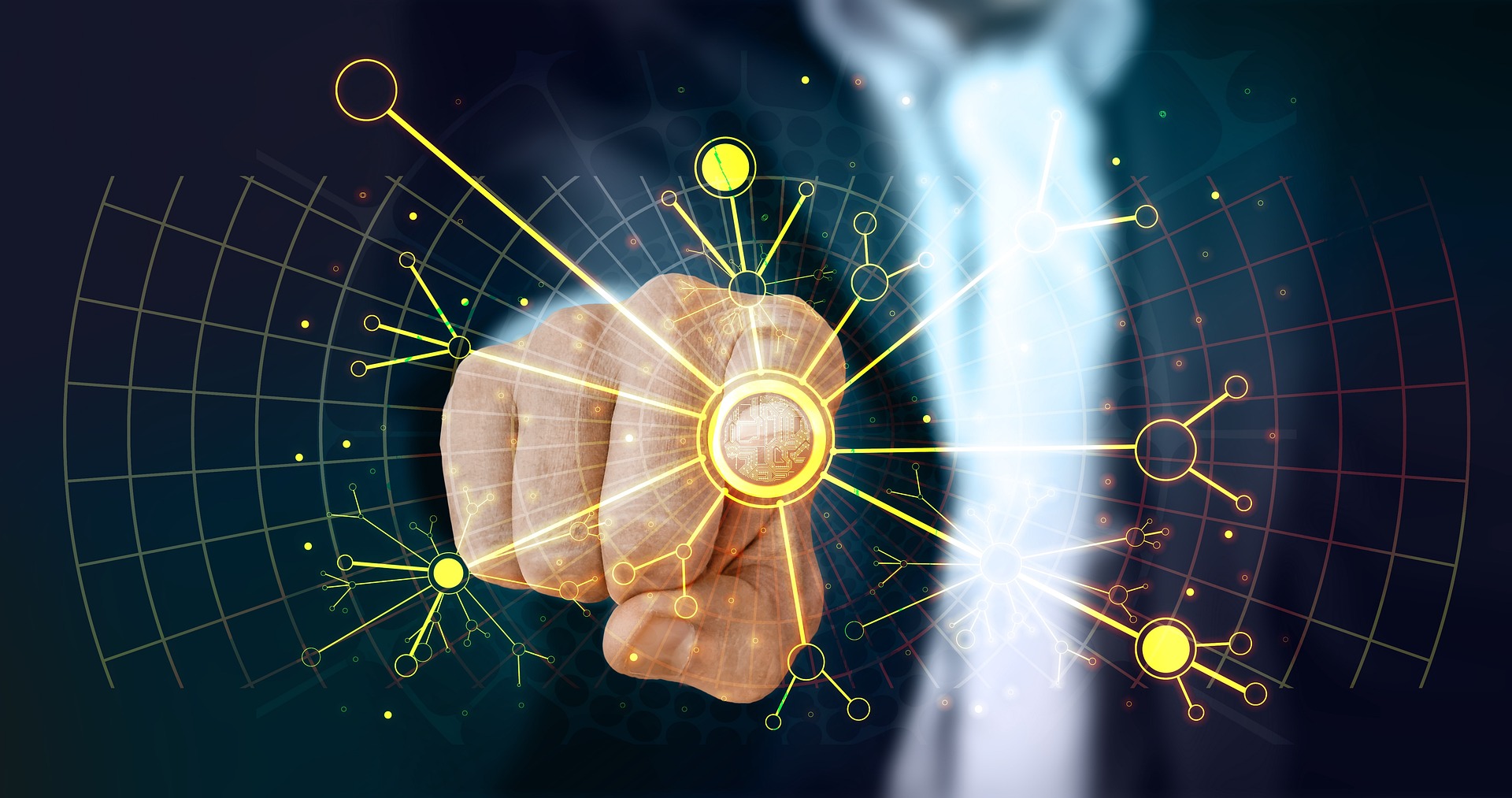Web 3.0 And Data Privacy
As the world becomes increasingly interconnected through the internet, concerns about data privacy and security have only grown. The development of web3 technologies, however, offers a promising solution for addressing these concerns.

Web3, also known as the decentralized web, is a term used to describe the next generation of the internet. It refers to a network of decentralized, distributed systems that allow for greater control and security over data. Web3 technologies, such as blockchain and peer-to-peer networks, enable users to store and access data in a decentralized manner, rather than relying on centralized servers controlled by a single entity.
One of the main benefits of web3 technologies is their ability to enhance data privacy and security. In traditional web2 systems, data is often stored on centralized servers, making it vulnerable to hacks and breaches. With web3 technologies, data is distributed across a network of decentralized nodes, making it much harder for hackers to access or manipulate.
In addition to improving data security, web3 technologies also have the potential to give users greater control over their personal data. With traditional web2 systems, users often have little say in how their data is collected, used, and shared. With web3 technologies, users can choose which data they want to share and with whom they want to share it. This can help to protect users' privacy and give them more control over their online presence.
Another promising aspect of web3 technologies is their potential to help address issues of digital inequality. In many parts of the world, access to the internet and online services is limited due to high costs or lack of infrastructure. Web3 technologies, such as mesh networks and satellite internet, can help to overcome these barriers and provide greater access to the internet for everyone.
In conclusion
the development of web3 technologies offers a promising solution for enhancing data privacy and security, giving users greater control over their personal data, and addressing issues of digital inequality. As these technologies continue to evolve and gain widespread adoption, they have the potential to bring significant benefits to individuals and society as a whole.